Language
- English
- Español
- Français
- Italiano
- Português
- Deutsch
- Nederlands
Currency
- AUD Australian Dollar
- CAD Canadian Dollar
- EUR Euro
- GBP Pound Sterling
- USD US Dollar
- ZAR Rand

Kenya is one of the top safari destinations in Africa, and given its breathtaking landscapes, abundance of wildlife and luxury lodges, it's no secret why. From family-suited sojourns and romantic retreats, to immersive bush experiences and informative guided safaris, Kenya has a spectacular offering suited to all tastes and occasions. Whether you are a novice to the Kenyan safari experience or a veteran adventurer, it's important to have all your ducks in a row prior to embarking on your travels, making sure you're prepared for all conditions.
That being said, the last thing any intrepid traveler wants is to lug a ton of heavy bags around with them, especially while on safari. So, when asking the question, “what should I pack for Kenya?”, you're probably hoping to keep the luggage to a minimum (more spaces for cameras!) by including only the necessities – which of course vary from season to season. We break it down for you in this Kenya safari packing list.
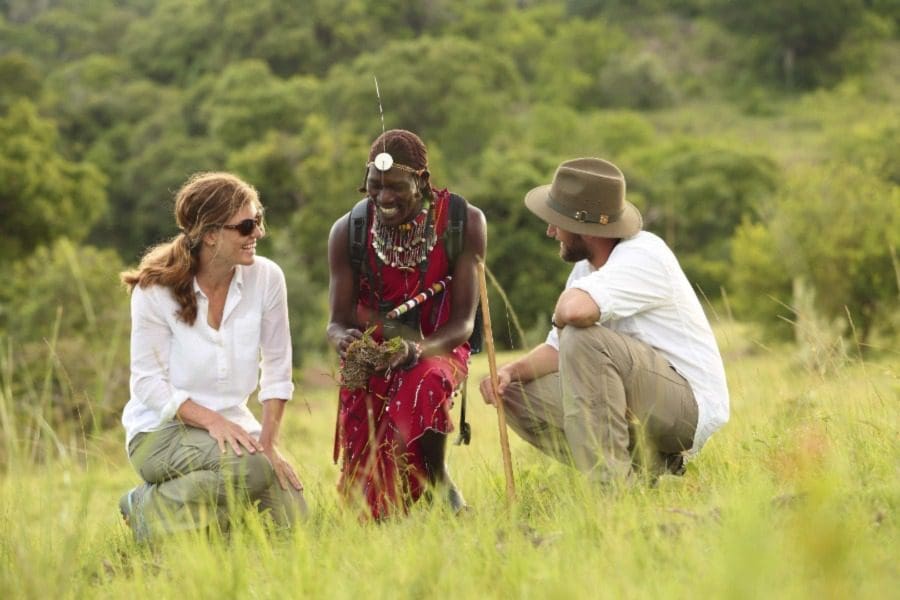
Kenya is divided by the equator and enjoys a mostly tropical climate with regional variances. Kenya has two rainy seasons and two dry seasons spread throughout the year – all of which have their own charm and of course, unique conditions. Depending on when you choose to visit, what you decide to wear on safari in Kenya can make all the difference between a pleasurable experience and a rather uncomfortable one. However, regardless of which time of the year you embark on your safari, you're guaranteed to make memories that will last a lifetime.
Safaris in Kenya are often more popular during the drier months where rainfall is less frequent, and animals flock to the watering holes for a source of hard-to-find refreshment – making them more visible. It's for these reasons that the dry seasons are widely viewed as the best time to visit Kenya, both for open-air vehicle safaris and immersive walking safaris offered by a selection of lodges.
Kenya's wet months are split into the ‘long rains' which take place from about mid-March to May (with the wettest month usually being April), and the ‘short rains' taking place from November to December. A rainy season visit is well worth considering to avoid the peak-season crowds and to take advantage of cheaper, off-season rates on accommodation and tours.
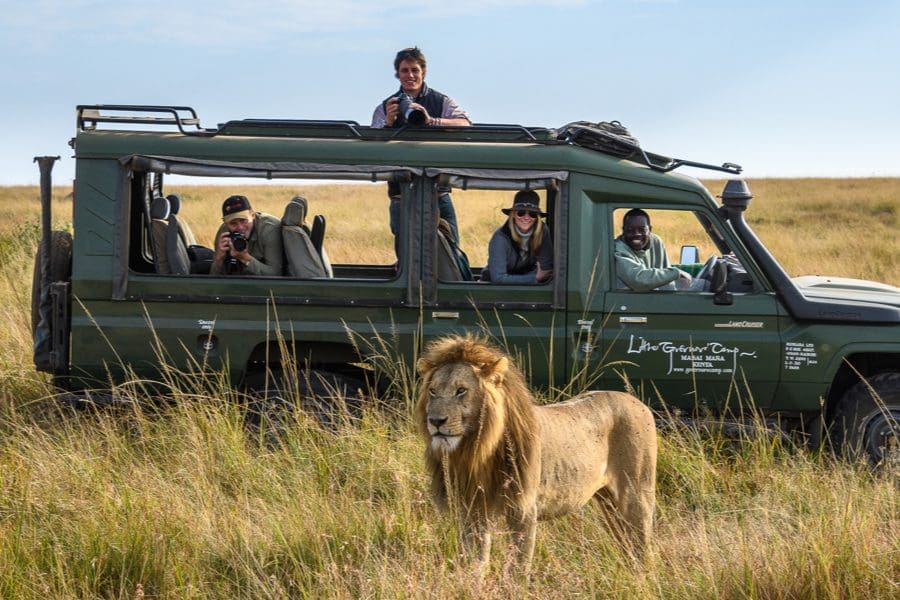
Regardless of the type of safari you're embarking on and the time in which you decide to visit, your Kenya packing list should include a selection of primary essential items. The early mornings and late evenings are almost always chilly, with temperatures rising during the late morning and midday, so you'll want to pack both warm and cool clothes. Just be sure the items you're packing are neutral colours, allowing you to blend in during game spotting – think khaki, green, beige and brown. Don't overdo it, but ensure you're including the following:
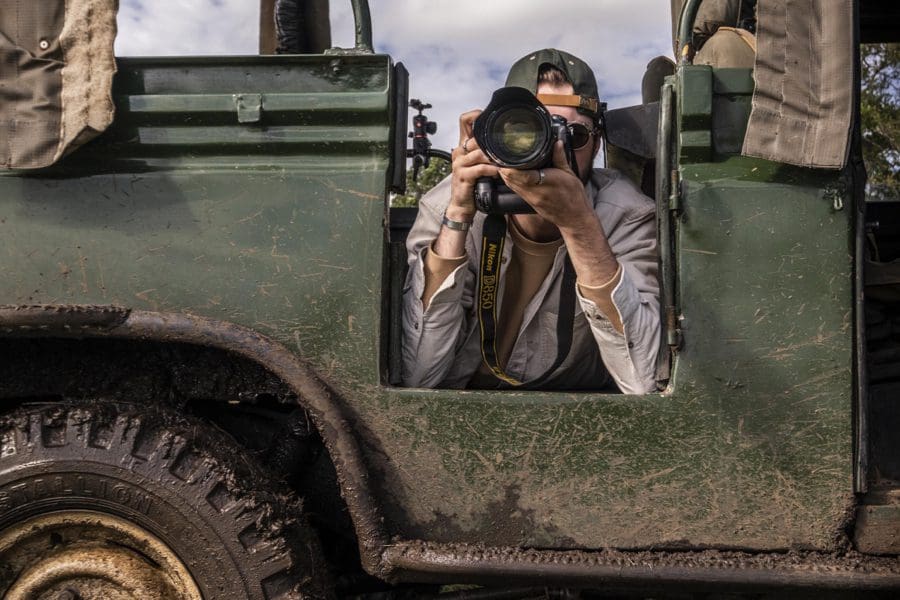
Your Kenya safari packing list goes far beyond clothes, as chances are you're going to want to capture the memories made whether you're a tech guru or not! In fact, some travellers choose Kenya as a sole destination for a photographic safari, given its incredible topography and wildlife sightings. If it's your first time embarking on a Kenya safari, you'll want to check out these tips for shooting african wildlife. But, if you're just interested in ensuring you have all the tech and gear you need while far away from home, then this checklist will do the trick:
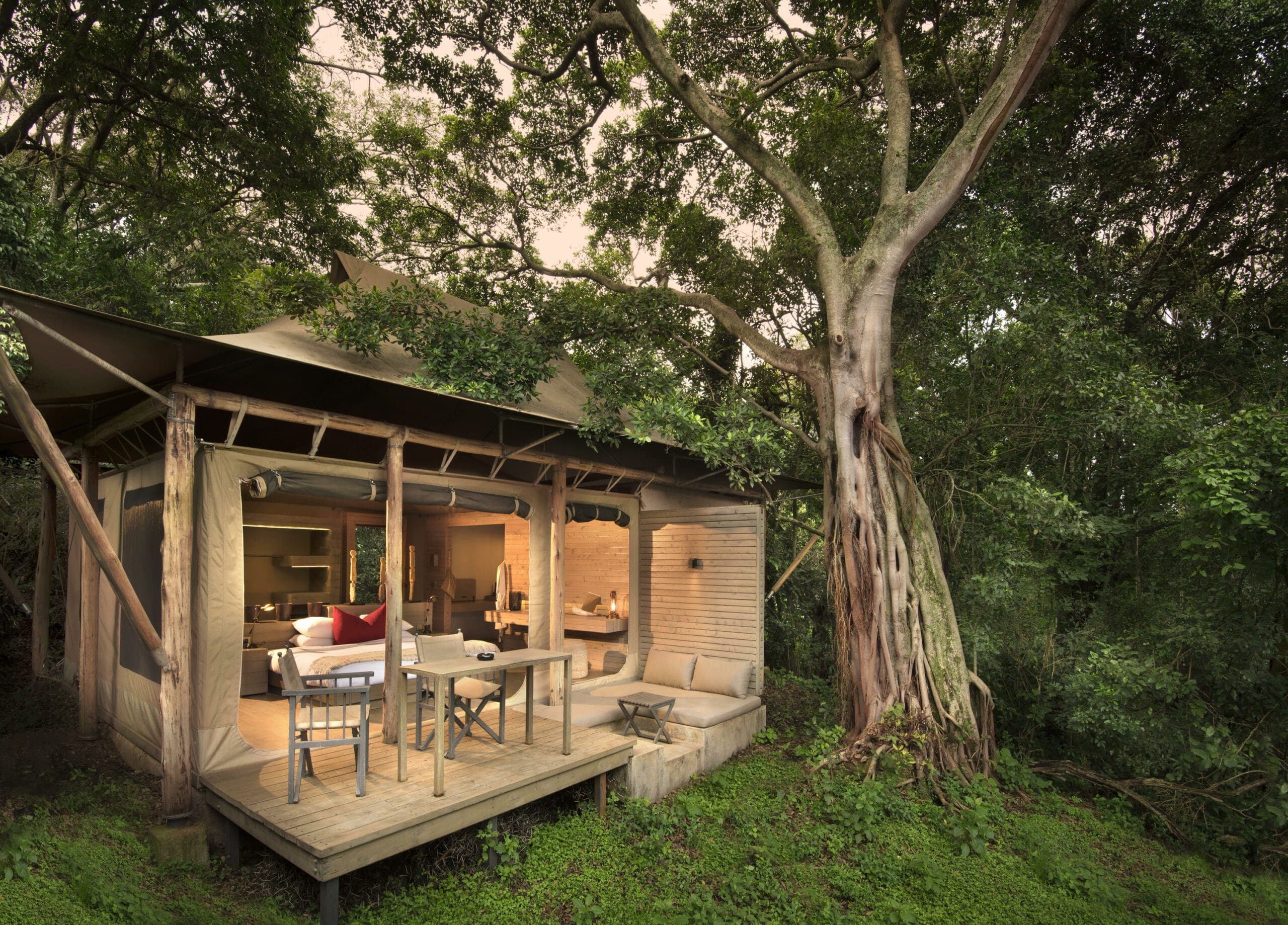
While some camps and lodges in Kenya offer shops selling essential items, it's always best to pack your own toiletries to ensure you have what you need at all times. Given that you'll be spending your time between the comfort of your lodgings and the great outdoors, you should pack an assortment of items suited to each instance. No one wants to break the magnificent safari spell by having to venture into the big towns and cities to stock up on items not readily available within private reserves, so rather stick to the below list to ensure you have everything you need:
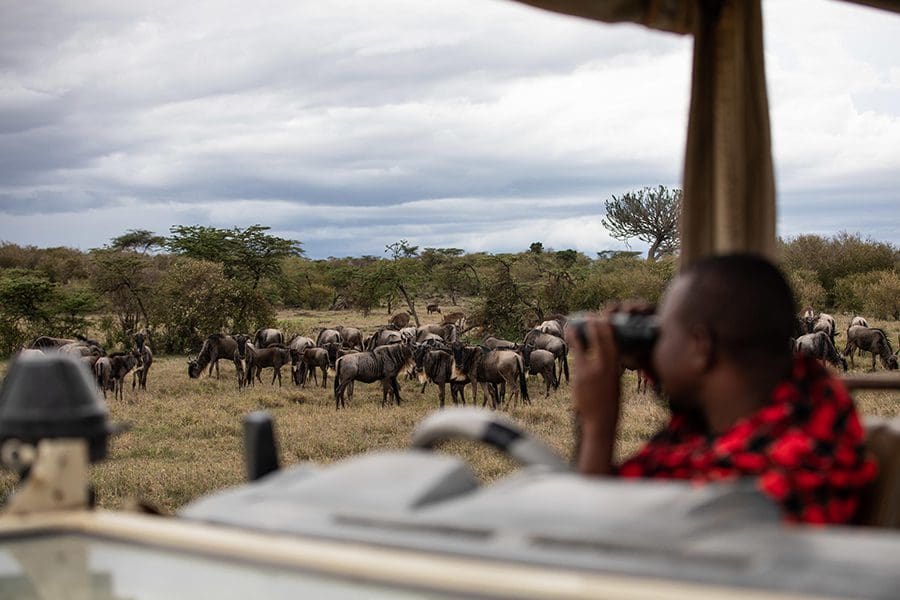
Without the right travel documents, you could find yourself in a bit of a bind before embarking on your Kenyan safari. Holidays are all about immersing yourself in the magic of a new destination, and no one wants to deal with the stress of managing admin while on what should be a relaxing vacation. Therefore, it's vital to ensure you're equipped with the right documents prior to your adventure. From health certificates and useful guides, to Kenya-specific forms and important travel papers, here are all the important documents you need before embarking on your safari:
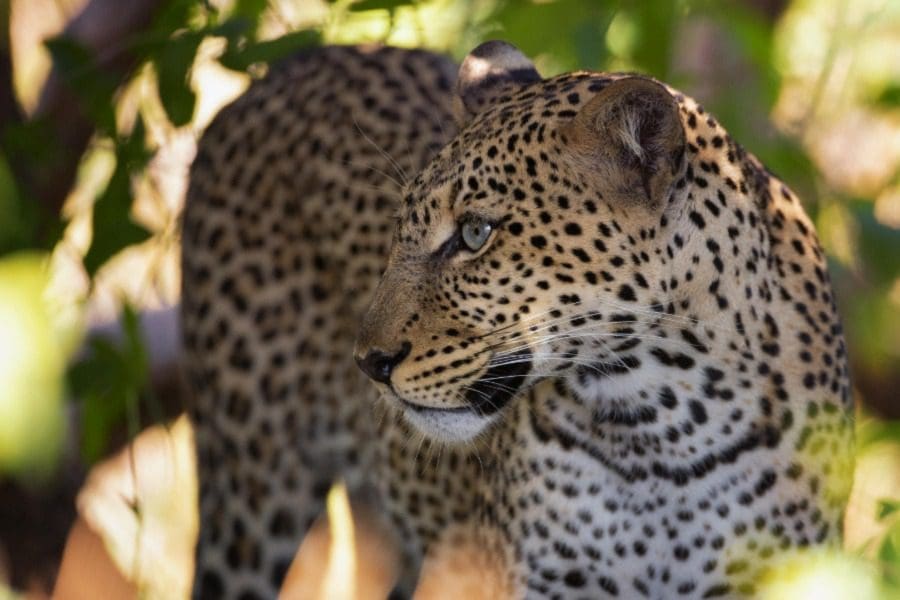
Most African countries have implemented a single-use plastic ban, and Kenya is no different. This is due to the dangers that non-biodegradable materials have not only on the landscape, but on the wildlife. Since president Uhuru Kenyatta passed the law in 2020, zero plastics are allowed in protected areas within Kenya. So, when packing for your safari, you'll want to ensure that your luggage is free of any potentially polluting products. Most of the common single-use plastics that have been banned in Kenya include:
Packing the correct clothing, tech and gear, toiletries and travel documents are all essential for a fuss-free safari, but you also don't want to be carrying around a monster suitcase all holiday long! Pack smart, and remember that less is more – especially when traveling via an airline with weight restriction limits, or embarking on a lengthy walking safari between lodges and camps.
What's more, most lodges and camps provide a same-day laundry service for added convenience, so you can rewear the same items multiple times. Just one more reason you shouldn't feel the need to pack a ton! After all, you're going on a once-in-a lifetime trip where comfort and joy should take pride of place, without having to carry extra weight.
If you're interested in a Kenya safari, have a look at our Beginner's Guide to a Kenya Safari, or get in touch with one of our Africa Safari Experts to help tailor-make an itinerary that's right for you: